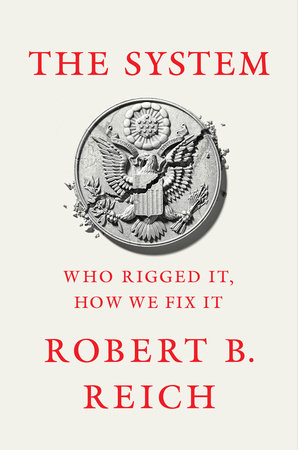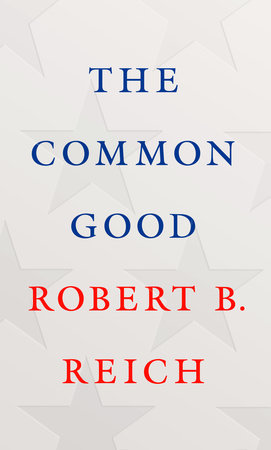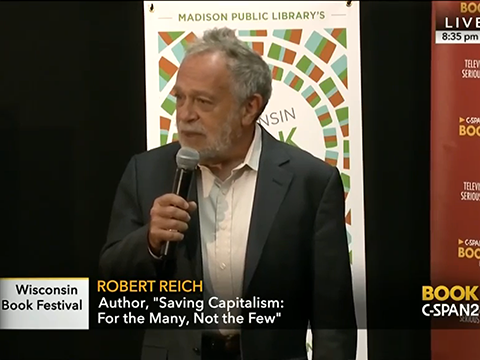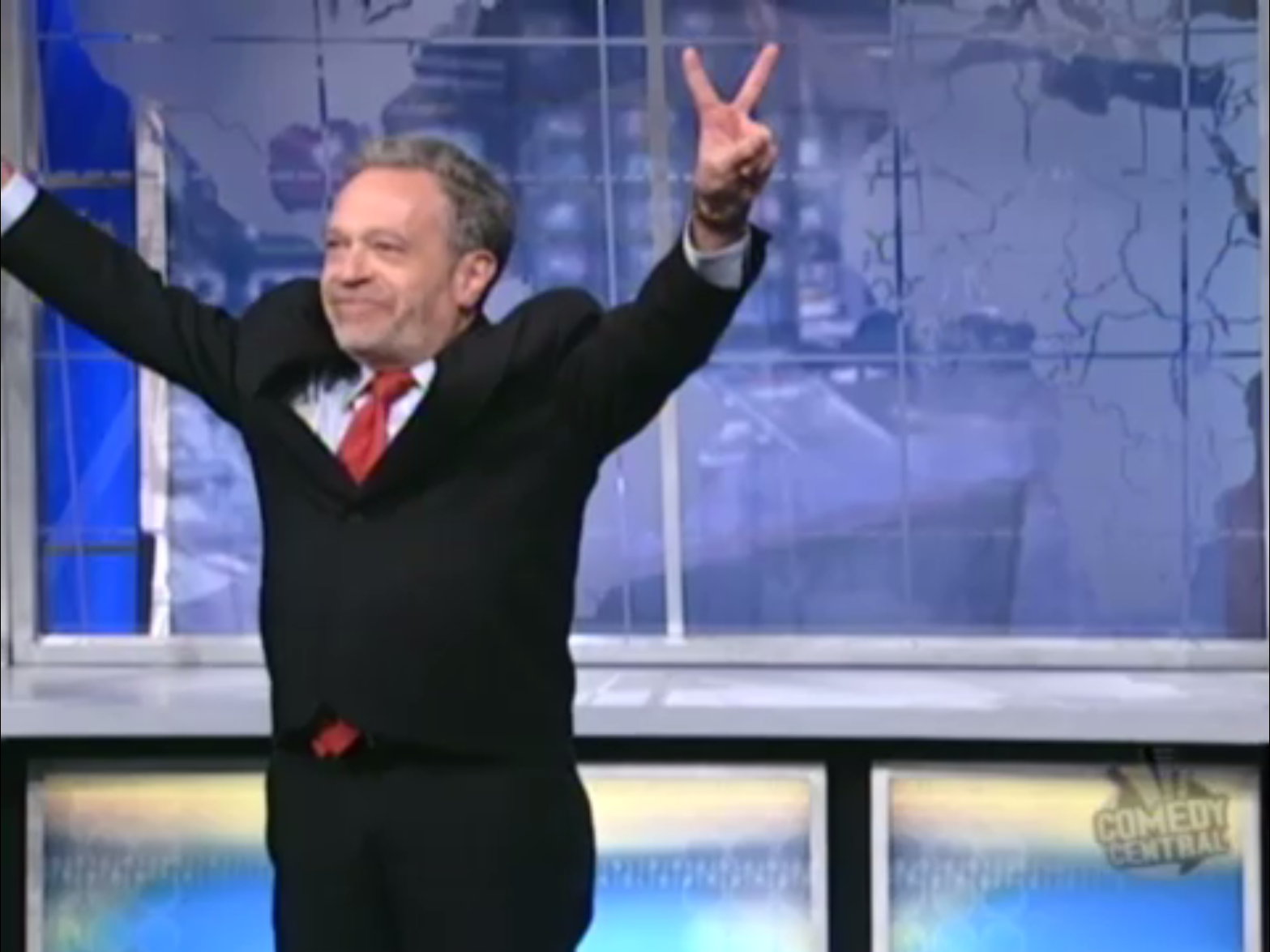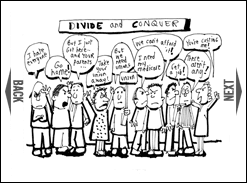 Robert Reich's writes at robertreich.substack.com. His latest book is "THE SYSTEM: Who Rigged It, How To Fix It." He is Chancellor's Professor of Public Policy at the University of California at Berkeley and Senior Fellow at the Blum Center. He served as Secretary of Labor in the Clinton administration, for which Time Magazine named him one of the 10 most effective cabinet secretaries of the twentieth century. He has written 17 other books, including the best sellers "Aftershock,""The Work of Nations," "Beyond Outrage," and "The Common Good." He is a founding editor of the American Prospect magazine, founder of Inequality Media, a member of the American Academy of Arts and Sciences, and co-creator of the award-winning documentaries "Inequality For All," streaming on YouTube, and "Saving Capitalism," now streaming on Netflix.
Robert Reich's writes at robertreich.substack.com. His latest book is "THE SYSTEM: Who Rigged It, How To Fix It." He is Chancellor's Professor of Public Policy at the University of California at Berkeley and Senior Fellow at the Blum Center. He served as Secretary of Labor in the Clinton administration, for which Time Magazine named him one of the 10 most effective cabinet secretaries of the twentieth century. He has written 17 other books, including the best sellers "Aftershock,""The Work of Nations," "Beyond Outrage," and "The Common Good." He is a founding editor of the American Prospect magazine, founder of Inequality Media, a member of the American Academy of Arts and Sciences, and co-creator of the award-winning documentaries "Inequality For All," streaming on YouTube, and "Saving Capitalism," now streaming on Netflix.
+ MY LINKTREE + SUPPORT INEQUALITY MEDIA
+ FOLLOW ON TUMBLR + TWITTER + FACEBOOK
NEW: The System
Who Rigged It, and How We Fix It
Order here:
AmazoniBookstoreBN.comIndieBoundRandomHouseThe Common Good
Why we must restore the idea of the common good to the center of our economics and politics
Order here:
AmazoniBookstoreBN.comIndieBound
Economics in Wonderland
A cartoon guide to a political world gone mad and mean
-

Saving Capitalism
For the Many, Not the Few
Order here:
AmazoniBookstoreBN.comIndieboundRandomHouse 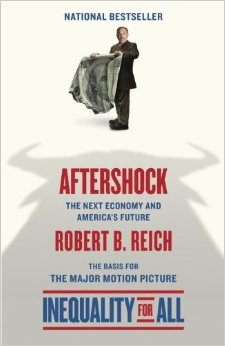
Aftershock
The Next Economy and America's Future
Buy this book at:
AmazoniBookstoreBN.comIndieboundPowellsRandomHouse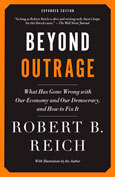
New Editions Available Now
Beyond Outrage:
What has gone wrong with our economy and our democracy, and how to fix itPreorder the Trade Paperback:
BN.comIndieBoundAmazonRandomHouse
Preorder the Expanded eBook:
AmazoniBookstoreBN.comRandomHouse
Preorder the Expanded, Enhanced eBook (w/ videos):
AmazoniBookstoreBN.com
Supercapitalism
The Transformation of Business, Democracy, and Everyday Life
Buy this book at:
AmazoniBookstoreBN.comIndieboundPowellsRandomHouse
Reason
Why Liberals Will Win the Battle for America
Buy this book at:
AmazoniBookstoreBN.comIndieboundPowellsRandomHouse
Locked in the Cabinet
A memoir of four years as Secretary of Labor
Buy this book at:
AmazonBN.comPowellsIndieboundRandomHouse
David Brooks’ Utter Ignorance About Inequality
Saturday, January 18, 2014
